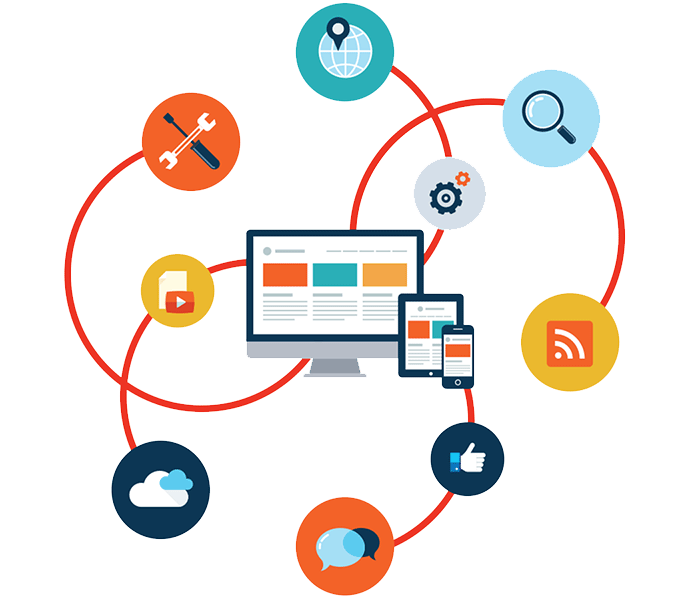Canada’s Legal Industry Faces a Critical AI Moment
A turning point is being met by law practitioners in Canada. As the rest of the world rushes to embrace generative AI in legal practice, Canadian companies are in danger of falling behind. A 2024 Canadian Chamber of Commerce survey revealed that only 1 in 7 firms had implemented Gen AI—a concerning figure given global trends.
The good news? Canadian legal professionals are catching up fast. In fact, legal services now rank among the most advanced sectors for AI adoption in Canadian law firms. The momentum in 2025 signals that legal AI is no longer experimental—it’s essential.
How Legal AI Is Transforming Canadian Law Firms
Law firms across Canada are now exploring legal AI in Canada not just as a tool, but a strategic driver of transformation. Here are 9 powerful ways it’s reshaping the legal landscape in 2025:
1. Redefining Legal Workflows
AI has evolved far beyond document automation. It now powers AI-driven legal workflows, offers specialized legal opinions, supports contract negotiations, and simplifies previously time-consuming processes.
2. Accelerating Research and Due Diligence
AI for legal research allows law firms to scan vast databases, summarize key information, and identify risks. This automation can save thousands of hours, enhancing the depth and speed of legal due diligence.

3. Litigation Strategy and Predictive Analytics
Through predictive analytics in litigation, AI tools assess historic case outcomes to project success rates, settlement trends, and ideal legal strategies—empowering lawyers to approach cases with more precision.
4. Earning Client Confidence
Today’s clients expect advanced, secure, and transparent tools. Verified and traceable AI-backed insights improve client confidence and streamline attorney workflows, helping firms build lasting relationships based on trust and innovation.
5. Streamlining Document Management
AI-powered legal document automation minimizes administrative burdens, enhances workflow, and allows for better resource allocation—especially for growing firms managing larger case loads.
6. Enabling Strategic Thinking
With AI handling repetitive tasks, lawyers can now focus more on strategic planning, client interaction, and complex analysis—areas that deliver the most value in today’s competitive legal market.
7. Reducing Costs and Boosting Revenue
Legal AI helps firms scale operations, reduce expenses, and increase profitability without significantly growing their overhead—a major shift for cost-conscious, mid-sized firms.
8. Driving Innovation Through Collaboration
Firms that partner with progressive legal tech in Canada are paving the way for more innovative legal service delivery. This forward-thinking culture is attracting both clients and top legal talent alike.
9. Staying Ethically Accountable
Modern ethical legal AI solutions emphasize fairness, transparency, and data privacy. With Canadian standards in mind, platforms like Case Polaris ensure AI integration doesn’t compromise legal ethics.

Case Polaris: Canada’s GenAI Platform Built for Lawyers
As legal AI adoption surges, Case Polaris stands out as Canada’s AI-powered platform tailored specifically for Canadian law firms. Developed by Ontario-based startup Data Function Inc., Case Polaris offers everything a modern practice needs: AI-driven research, document upload and analysis, summarization, and interactive conversations—all secured with privacy-first architecture.
Built with Canadian legal professionals in mind, it supports bilingual workflows, traceable citations, judge/jurisdiction filters, and flexible pricing starting at just $50/month. For lawyers looking to work smarter, faster, and with full compliance, Case Polaris is the competitive edge that defines the future of Canadian law.
Source: LexisNexis Canada







